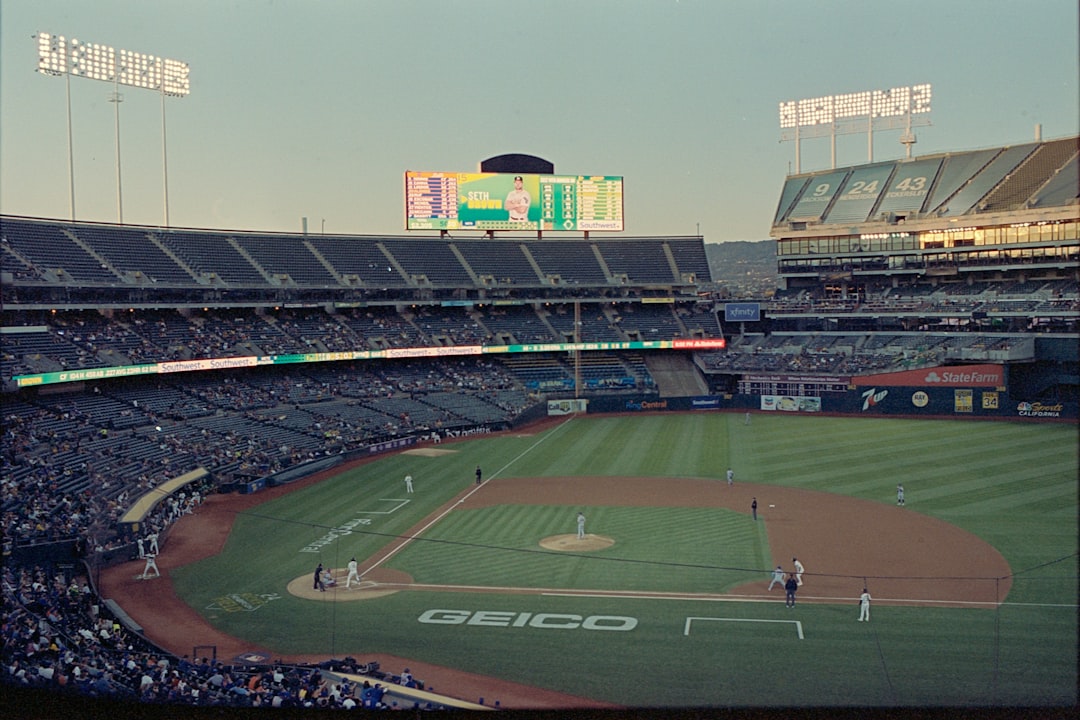Why baseball needs promotion and relegation
Part 3 of "Toward a Better Baseball"
During MLB’s 2023 offseason, I am posting a series of essays titled “Toward a Better Baseball.” The goal of the series is to articulate a vision for the sport for when MLB loses its monopoly power. This is Part 3. Read the preceding installments here.

On May 28, the final matchday of the Premier League’s …



